Today is Vijay Diwas, the day that commemorates India’s win over Pakistan in the 1971 war and which led to the creation of the independent state of Bangladesh.
On 16 December, 1971, the Pakistani troops surrendered before the Indian Army.
An Instrument of Surrender was signed between Pakistani Lt. General AAK Niazi and Lt. General Jagjit Singh Aurora, the GOC-in-Chief of the Eastern Command of the Indian Army.
While the day is widely celebrated by the public and politicians every year, how many people actually remember the details of the war?
Let’s cast a look back:
What led to the war?
The Partition of India after British rule led to the creation of India and Pakistan.
Pakistan itself comprised East and West Pakistan.
Already separated by geography, the territories were further divided on the lines of language, culture and ethnicity.
The Bengali Muslims of East Pakistan resented the dominance of the Punjabis and Mohajir influence.
Sharing of resources became another sticking point.
In 1970, Sheikh Mujibur Rahman, known as the father of Bangladesh, and father of Prime Minister Sheikh Hasina Wajed, won a landslide victory with his Awami League in East Pakistan – 160 of 162 seats.
However, the Pakistan Army and Pakistan politicians including Zulfiqar Bhutto, whose Pakistan People’s Party won 81 of the 138 seats in West Pakistan, denied Rahman his rightful mandate to be prime minister.
Quick Reads
View AllOn 25 March, 1971, Pakistan’s military began their brutal crackdown on Bengali Muslims – Rehman himself was jailed and over a million refugees came flooding into India.
East Pakistani guerilla forces, supported by India, then took on the Pakistan Army. West Pakistan’s response was to launch air attacks on India.
And with that, open war between the two nations began on 3 December.
The East Pakistan campaign
While India brought Pakistan to its knees in just 13 days, that swift victory might not have been achieved without the contributions of India’s Army Chief Sam Hormusji Framji Jamshedji Manekshaw (also known as Sam Bahadur).
Manekshaw, at a cabinet meeting in March 1971 bluntly told then prime minister Indira Gandhi that the Indian Army wasn’t quite ready for war in April 1971 and further warned about the dangers of getting bogged down during the impending monsoon in East Pakistan – filled with rivers and streams that swell up.
Syed Ata Hasnain, retired lieutenant-general and former general officer commanding 15 and 21 Corps, wrote for Firstpost that India’s war strategy was to focus on the eastern front while executing offensive holding action in the west.
“In the east, three corps sized forces with approximately eight infantry divisions simultaneously advanced rapidly into East Pakistan from the north, east and west with clear directions of isolating islands of resistance and with intent to get to the centre of gravity, which was identified as Dhaka. It was clear that an early threat to Dhaka coupled with effective psychological warfare, would force the capitulation of all resistance.”
“Two major operations paved the way further towards such break of will of the Pakistan Army; first the heliborne operation across the River Meghna after the bridge was found destroyed placed a force where Pakistan least expected; second the airborne operation at Tangail, close to Dhaka ensured psychological paralysis when seen in sync with Manekshaw’s tersely worded message ‘…..do not lose time; there is no disgrace in laying down your arms to a soldier. We will give you the treatment befitting a soldier’,” Hasnain wrote.
Meghna Operation, or Meghna Heli Bridge, Operation Cactus-Lilly, was a critical aerial operation of the Indian Air Force during the 1971 war, while the Tangail airdrop was the biggest airborne operation by Indian paratroopers against the Pakistan army.
Former IAF pilot Avinash Chikte, writing in IndiaTimes, noted that India’s campaign was made even more complicated by the Pakistani Army demolishing 500 bridges and fortifying its positions around the others.
“The bigger rivers in Bangladesh - Padma, Brahmaputra and Meghna - are unusually wide, so building bridges across them in a hurry is almost impossible,” Chikte wrote.
Their solution? Creating a Heli-Bridge across the river Meghna – despite helicopters not having the capability to fly at night.
“With just 10 to 12 helicopters, our pilots flew incessantly by night to lift 1270 soldiers and 40 tonnes of equipment across River Meghna. They had to land in unknown terrain, often in almost complete darkness, and frequently under fire from the enemy. Each time they returned, they found newer bullet holes in their helicopters, which our technical teams quickly patched up,” Chikte wrote.
The IAF flew around 350 sorties, including 100 by night, to airlift 4,000 troops, ammunition and supplies, as per Indian Defence Review.
On 11 December, 1971, the 2nd Battalion (Special Operations) of the Indian Army’s Parachute Regiment captured Poongli Bridge on the Jamuna River which cut off the Pakistani 93rd Brigade that was retreating from Mymensingh in the north to defend Dhaka.
Around 750 para commandos of the 2nd Battalion of the Parachute Regiment were involved in the successful mission.
Kapil Kak, writing for Centre for Land Warfare Studies Journal, noted that the 14 December rocket attack on the Governor’s House in Dhaka on compelled him to resign and hastened the surrender of the 93,000-strong garrison.
By 16 December, nearly five brigades had surrounded Dacca.
With its diplomatic efforts at the United Nations failing, the Pakistan Army had no option but to surrender on 16 December, 1971.
That afternoon, four infantry battalions and an independent armoured squadron entered the city.
The 1971 war ended with the surrender of around 93,000 Pakistani soldiers and government officials, led by Lt General AAK Niazi, commander of East Pakistan.
This was the largest surrender by an army since World War II, and it led to the creation of Bangladesh.
With inputs from agencies
Read all the
Latest News,
Trending News,
Cricket News,
Bollywood News,
India News and
Entertainment News here. Follow us on
Facebook,
Twitter and
Instagram.


)

)
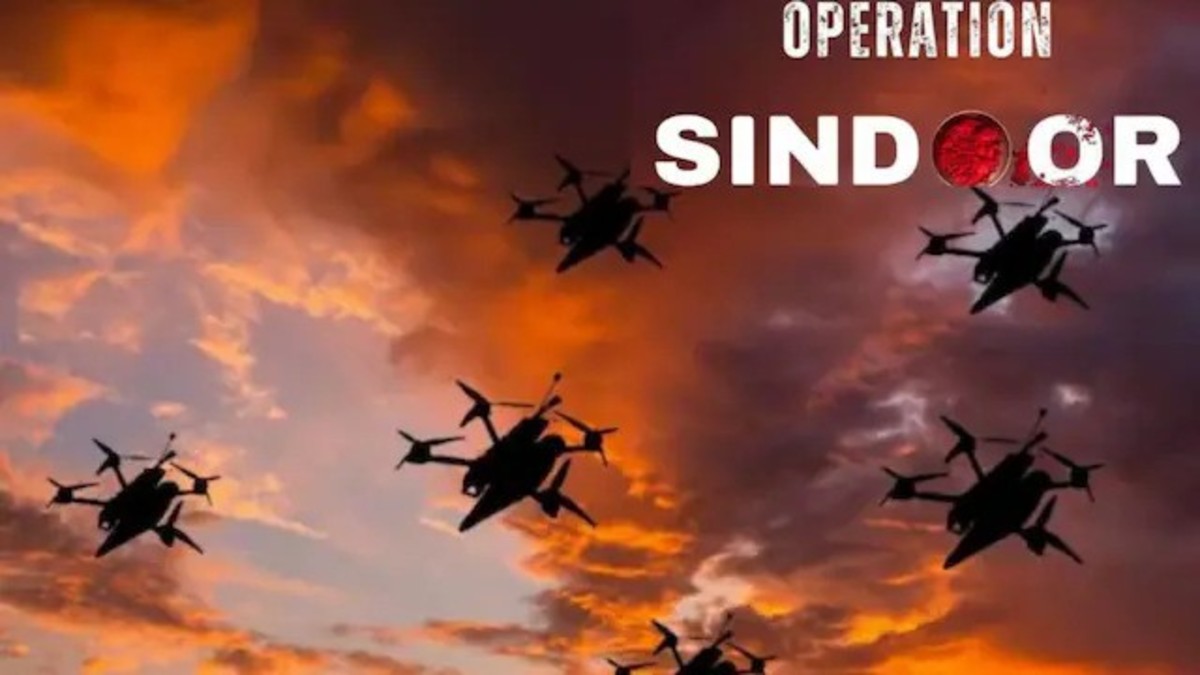)
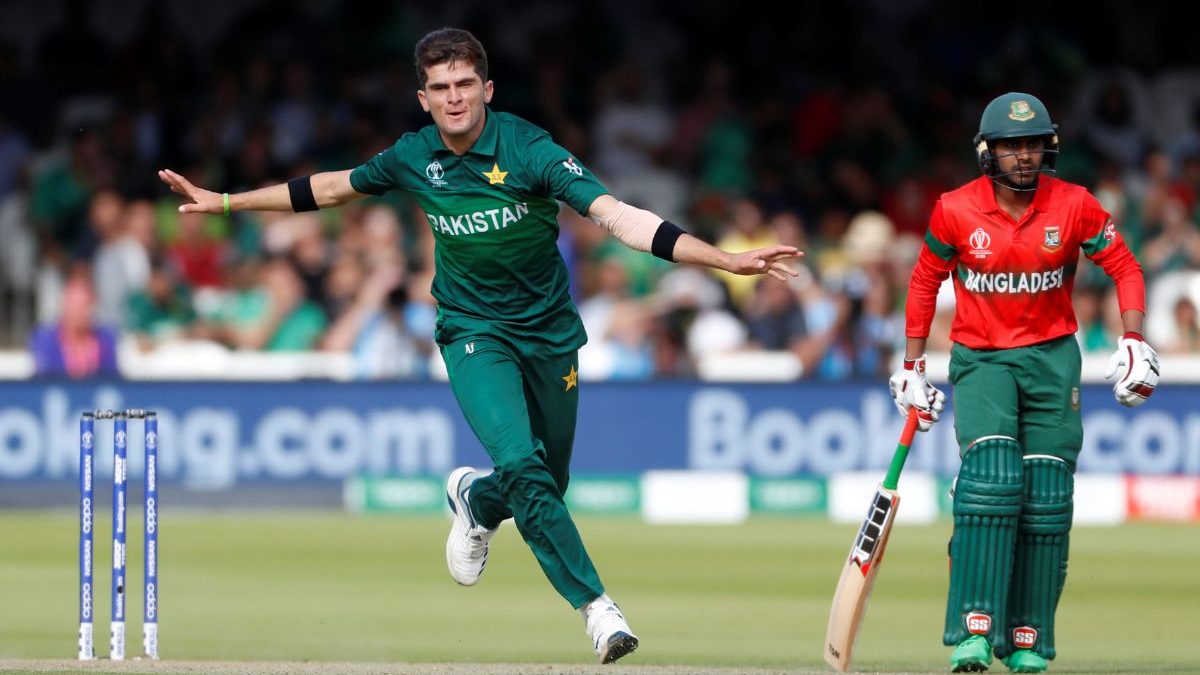)
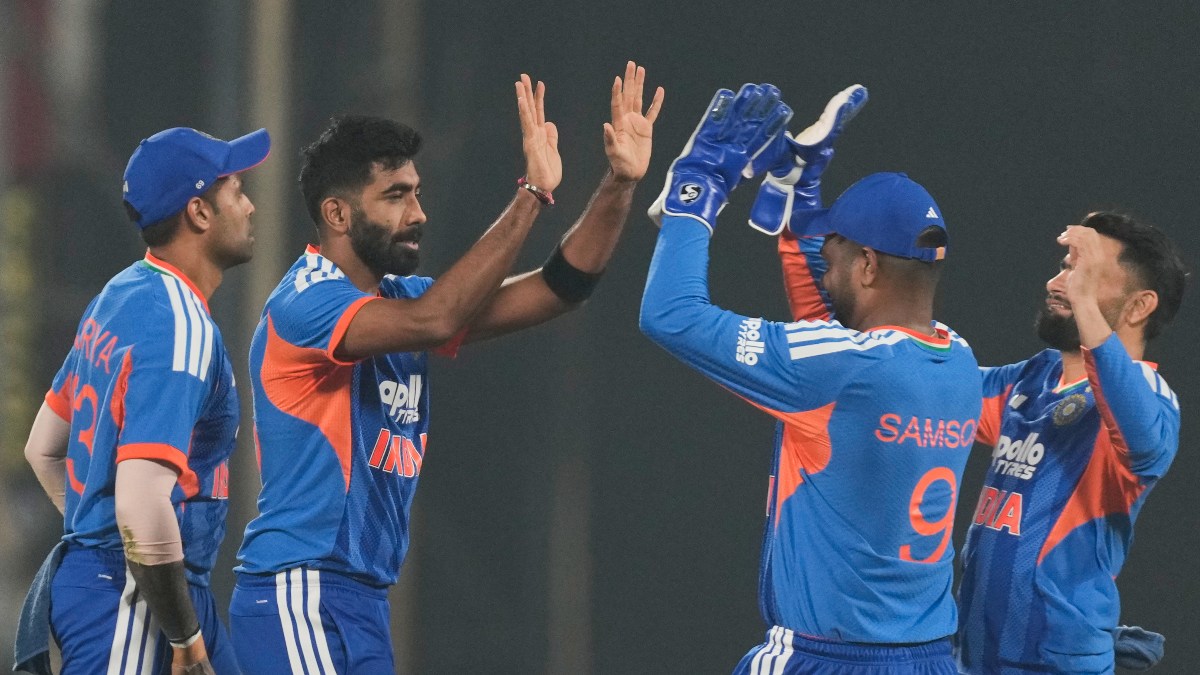)
)
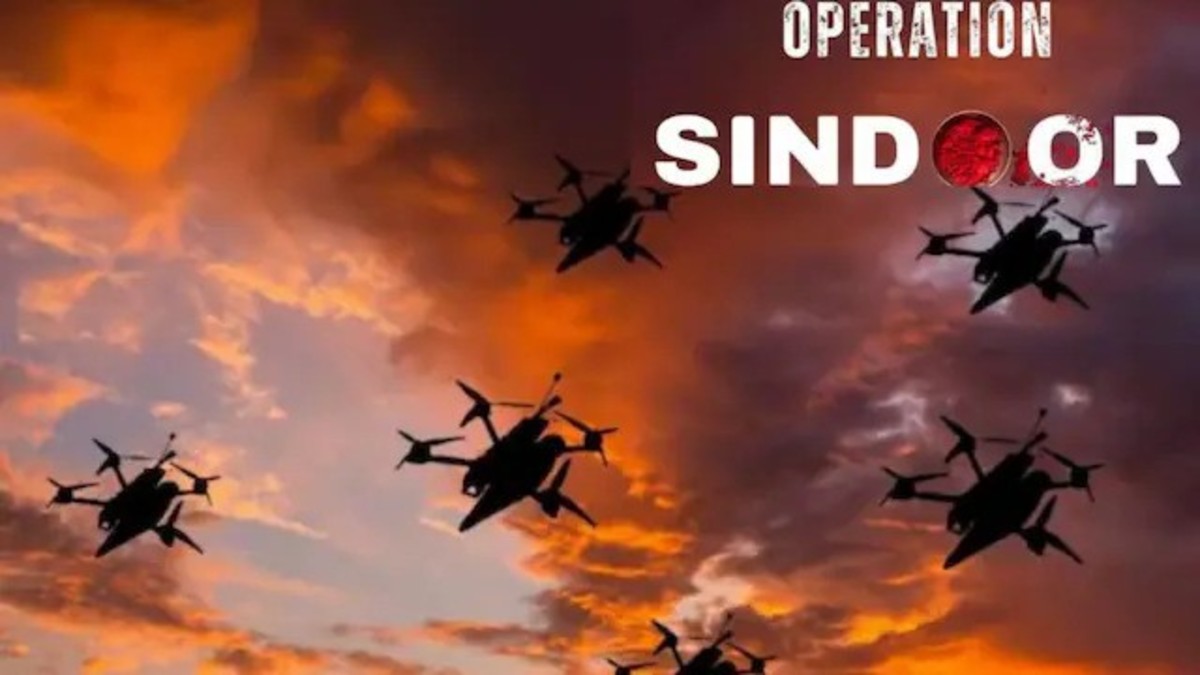)
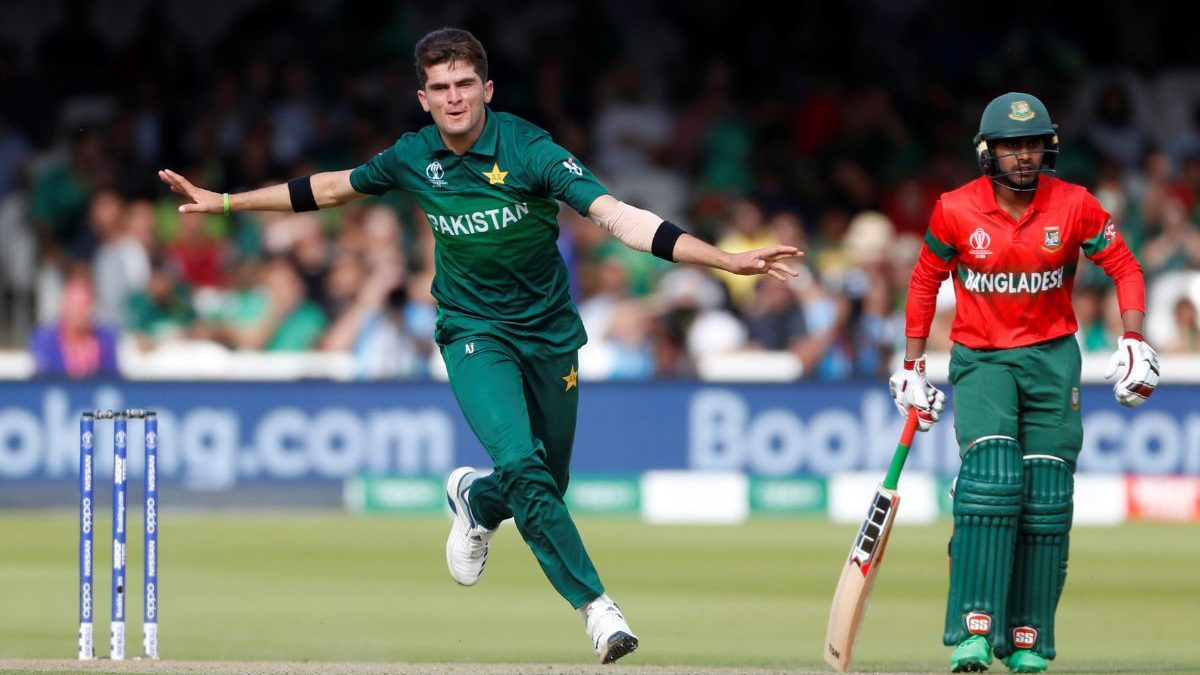)
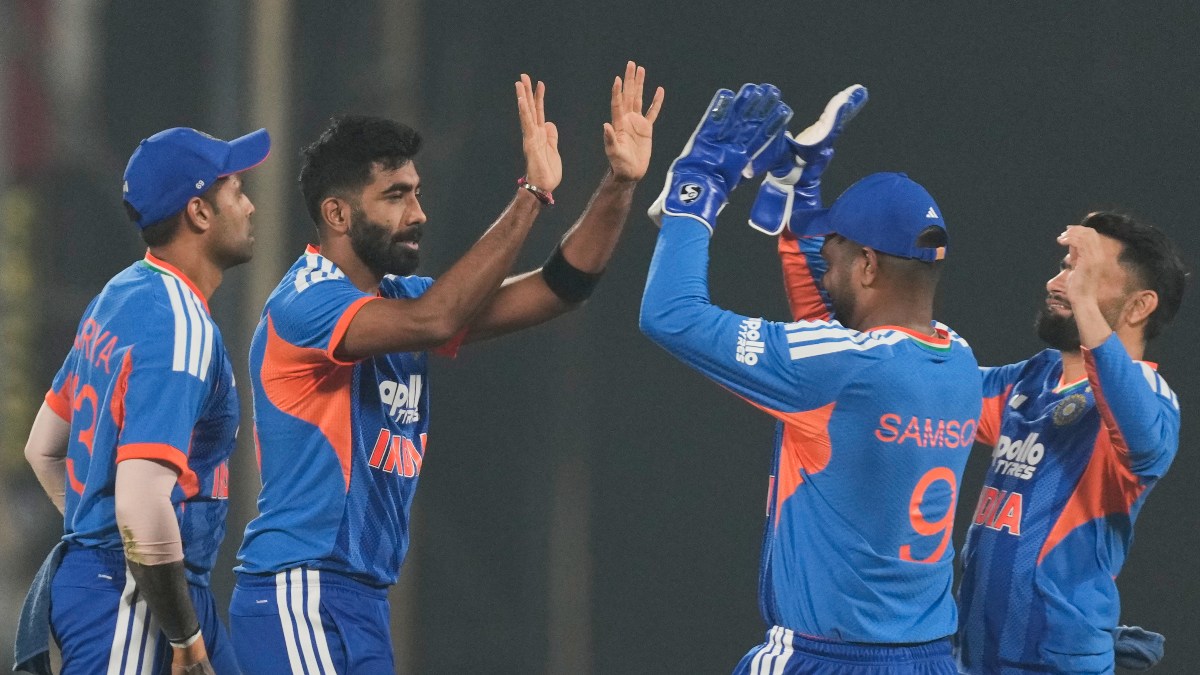)



